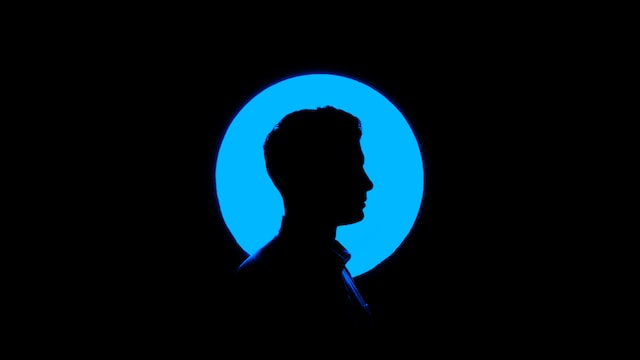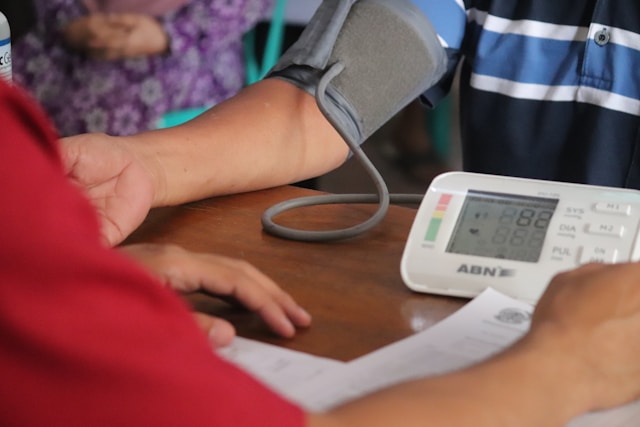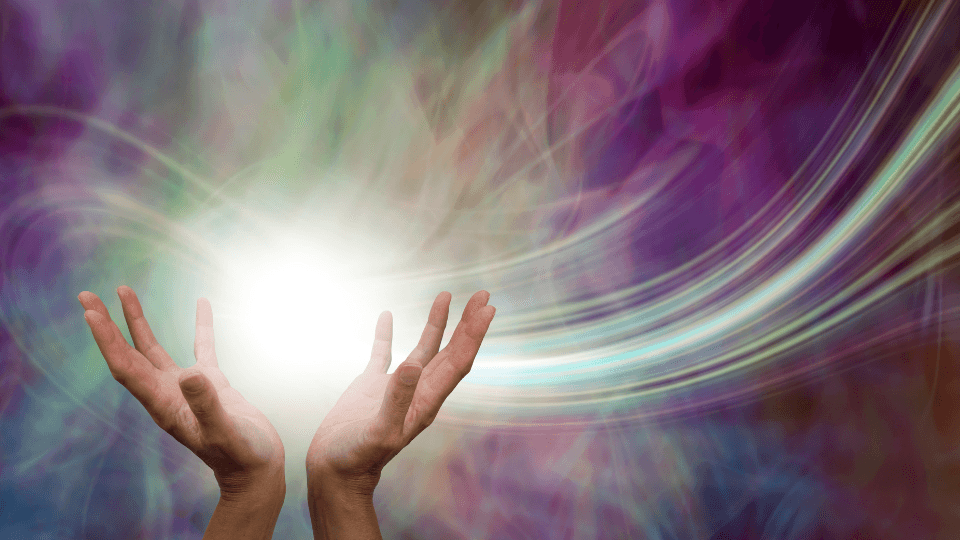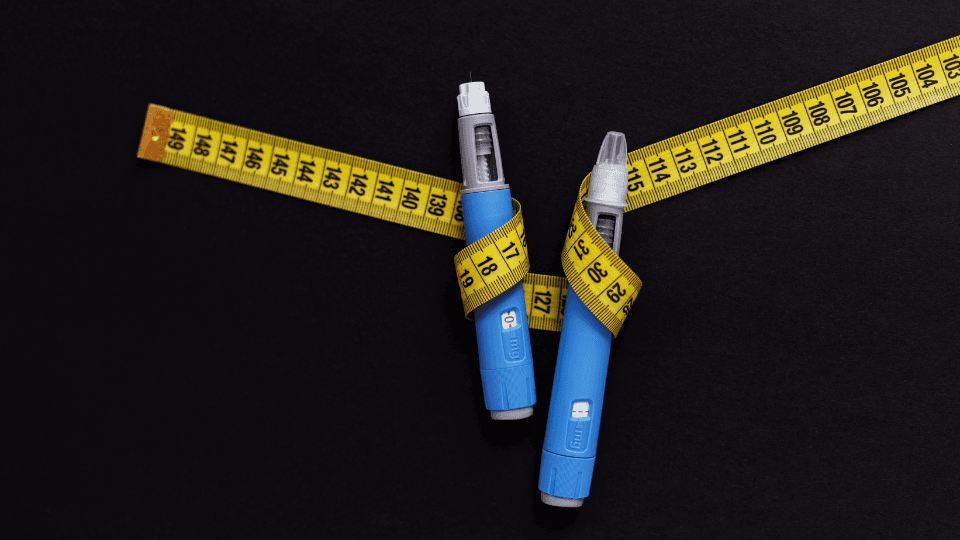Back
Oct 26, 2022
The effects of blue light on your sleep
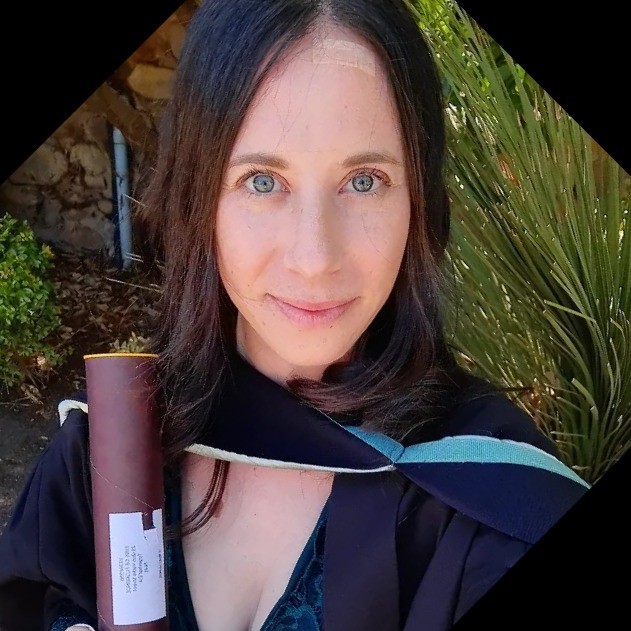
Gabriella Florence | Sports Scientist
What do your tablet, cellphone, laptop, TV, and fluorescent light bulbs have in common?
Answer: they all give off blue light.
Blue light is one of seven colours in the visible light spectrum, including red, orange, yellow, green, indigo, and violet. Each colour has its own wavelength and energy level, with shorter wavelengths and higher energy levels going hand in hand. The converse is also true. The short wavelengths of blue light (415-455 nanometers - on par with electronic devices) emit the highest energy levels.
Effects of blue light
Blue light can boost alertness and improve your mood, memory, and reaction time, but it can also wreak havoc on your sleep. Here’s how: blue light slows down and may even stop the release of melatonin (the human sleep hormone). This makes it harder to fall and stay asleep. Besides this, increasing your level of alertness is the opposite of what you would like to do before falling asleep.
Exposure to blue light before bedtime reduces the amount of REM sleep and delays the onset of REM sleep too (for more information on REM sleep and the stages of the sleep cycle, please read the article, “Sleep science 101”). This can affect the quality of your sleep leaving you tired the next morning.
Tips to limit exposure to blue light:
Reduce your screen time. This is the easiest and most effective method. Simply switch off your device or move it out of reach and you can tick this one off.
Use a screen filter on your electronic devices. Most smartphones and laptops have a ‘night filter’ or blue light filter. Turn this on from your device settings.
Wear blue light blocking glasses at least two hours before bedtime. This may come in handy if you use electronic devices in the evening.
Instal low blue light bulbs in your bedside lamp. Alternatively, use low-wattage red nightlights. If you enjoy reading in the evenings, this is a great option for you.
Sleep with an eye mask to block out artificial light. This can effectively minimise your exposure to blue light if your partner has the television on at night.
While blue light can enhance cognitive functioning during the day, it does the opposite for your sleep. Turn on better sleep by turning off blue light.


